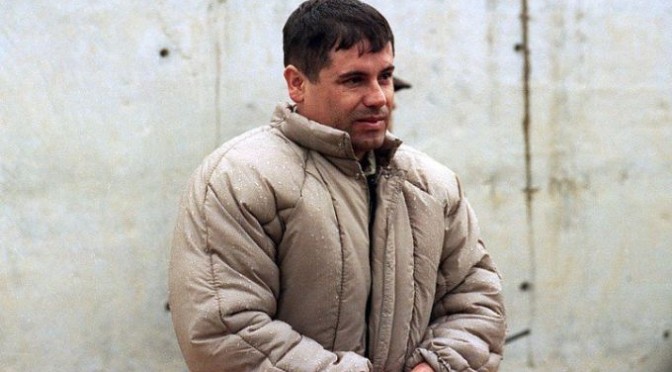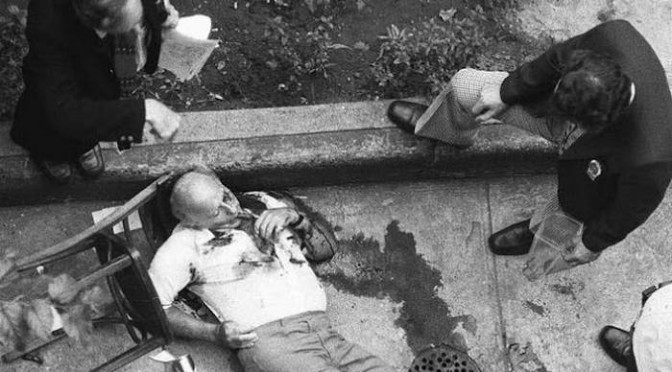Chris Grove, October 15, 2015 15:30 PDT
from – http://www.legalsportsreport.com/5173/nevada-says-dfs-is-gambling/
Full text of statement
Over the last several months, Nevada Gaming Control Board (Board) staff has analyzed the legality of pay-to-play daily fantasy sports (DFS) pursuant to the Nevada Gaming Control Act and the regulations adopted thereunder. I further asked the Gaming Division of the Office of the Nevada Attorney General to perform a legal analysis as to whether DFS activities conflict in any way with Nevada law. Based on these analyses, I, along with Board staff, have concluded that DFS constitutes gambling under Nevada law. More specifically, DFS meets the definition of a game or gambling game pursuant to Chapter 463 of the Nevada Revised Statutes. Moreover, because DFS involves wagering on the collective performance of individuals participating in sporting events, under current law, regulation and approvals, in order to lawfully expose DFS for play within the State of Nevada, a person must possess a license to operate a sports pool issued by the Nevada Gaming Commission.
Further, a licensed operator who offers DFS must comply with all laws and regulations that apply to licensed sports pools. Therefore, since offering DFS in Nevada is illegal without the appropriate license, all unlicensed activities must cease and desist from the date of this Notice until such time as either the Nevada Revised Statutes are changed or until such entities file for and obtain the requisite licenses to engage in said activity. Although Nevada gaming licensees who have received approval to operate a sports pool may expose DFS for play themselves in Nevada (in compliance with all applicable statutes and regulations), such licensees should exercise discretion in participating in business associations with DFS operators that have not obtained Nevada gaming approvals. While this Industry Notice is intended to provide clear guidance as to Nevada law, Nevada licensees wishing to conduct business with DFS companies should also conduct thorough and objective reviews of DFS activities under the laws of other states and any applicable federal laws.
Nevada AG’s opinion
A day after the NGCB statement, the attorney general’s office offered its legal analysis, in full. You can read it here. It was first reported by Reuters’ Liana Baker.
The takeaway was not a surprise, given the NGCB statement:
In short, daily fantasy sports constitute sports pools and gambling games. They may also constitute lotteries, depending on the test applied by the Nevada Supreme Court. As a result, pay-to-play daily fantasy sports cannot be offered in Nevada without licensure.
That conclusion has a footnote that mentions two separate points:
- DraftKings CEO Jason Robins once stated the concept for DraftKings was ‘‘almost identical to a casino.’’
- DraftKings received a gaming license in the U.K. but didn’t refer to it in that manner in publicizing it: “It appears that DraftKings recognizes the appearance of inconsistency between its position that it should be unregulated in the United States and its decision to submit to gaming regulation in the United Kingdom.”
Here are points of interest from the analysis. Note that analysis is based on Nevada law:
Daily fantasy sports usually = sports pools, sometimes lotteries
Under Nevada law, the AG determined that DFS contests are sports pools, generally:
In order to determine if daily fantasy sports operators are operating a sports pool, one must determine (1) whether a wager is present; (2) whether the wagering is done on sporting events or other events by any system or method of wagering; and (3) whether daily fantasy sports operators are in ‘‘the business’’ of accepting wagers.
Daily fantasy sports meet all of these requirements and, thus, constitute ‘‘sports pools’’ under Nevada law. This conclusion is consistent with the views of one of the leading attorneys representing daily fantasy sports operators, who stated that ‘‘fantasy sports’’ was ‘‘a significant evolution in the realm of sports betting.’’
Some forms of DFS could be an illegal lottery, however:
Daily fantasy sports may also constitute illegal lotteries under NRS 462.105(1) depending on the legal question of whose skill is being assessed and the factual question of whether skill or chance is dominant. If the skill being assessed is that of the actual players rather than that of the fantasy sports team owners, then daily fantasy sports constitute illegal lotteries. If the skill being assessed is that of the owners, then there is a factual question as to whether the skill in selecting lineups predominates over chance.
Skill vs. chance
Nevada basically said the amount of skill required for DFS was not germane:
In the context of addressing the legality of fantasy sports, the question of whether skill or chance is involved is often deemed important. However, under Title 41 of the Nevada Revised Statutes, the determination of whether an activity involves skill, chance, or some combination of the two, is relevant only when analyzing lotteries. By contrast, the determination of whether an activity constitutes a gambling game or a sports pool under Nevada law does not require analysis of the level of skill involved.
…
It is important to note that while Nevada gaming regulators clearly have authority to regulate games of skill, the present analysis does not concede the argument that daily fantasy sports are predominately skill-based.
The UIGEA
The Unlawful Internet Gambling Enforcement Act is often cited throughout the industry as a source of its legality. The AG shot that down as a rationale in Nevada:
B. UIGEA Did Not Legalize Fantasy Sports
That being said, a point of clarification is in order because there are some operators and commentators who have taken the position that the Unlawful Internet Gambling Enforcement Act of 2006 (‘‘UIGEA’’) 14 legalized fantasy sports within the United States. Given the explicit language of UIGEA, that position is simply untenable, and often at odds with what those same operators and commentators have said in the past.
…
In short, UIEGA is irrelevant to determining the legality of daily fantasy sports under Nevada law.
DraftKings uses betting terms
The Nevada AG’s office likely did a massive amount of research to link DFS sites to gambling. In addition to the Robins “casino” reference above, this was a part of the report:
full article here – http://www.legalsportsreport.com/5173/nevada-says-dfs-is-gambling/





